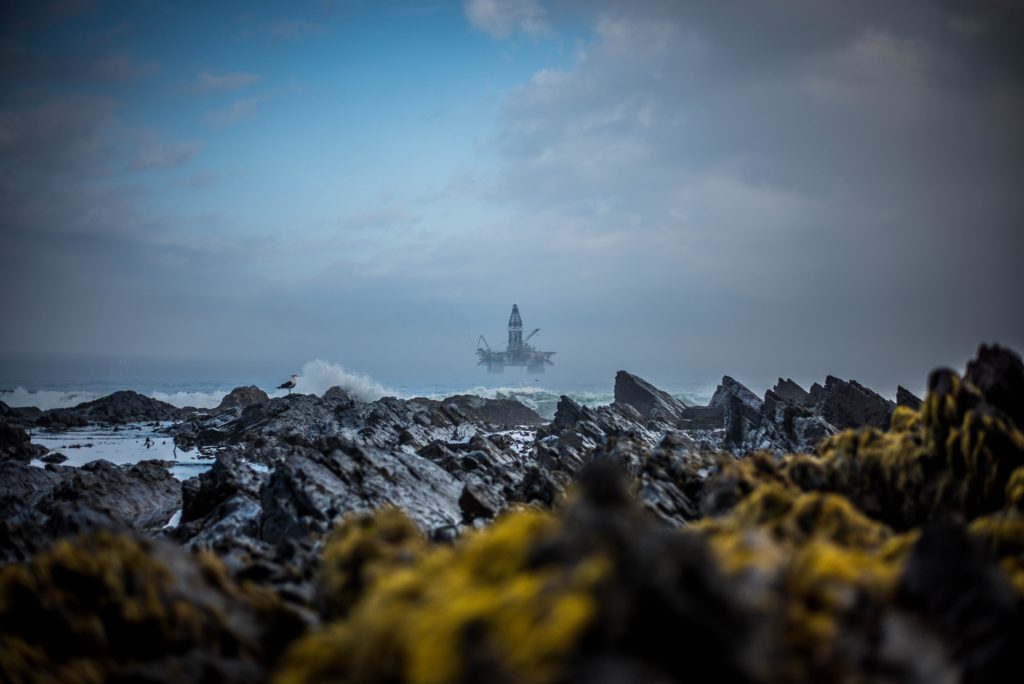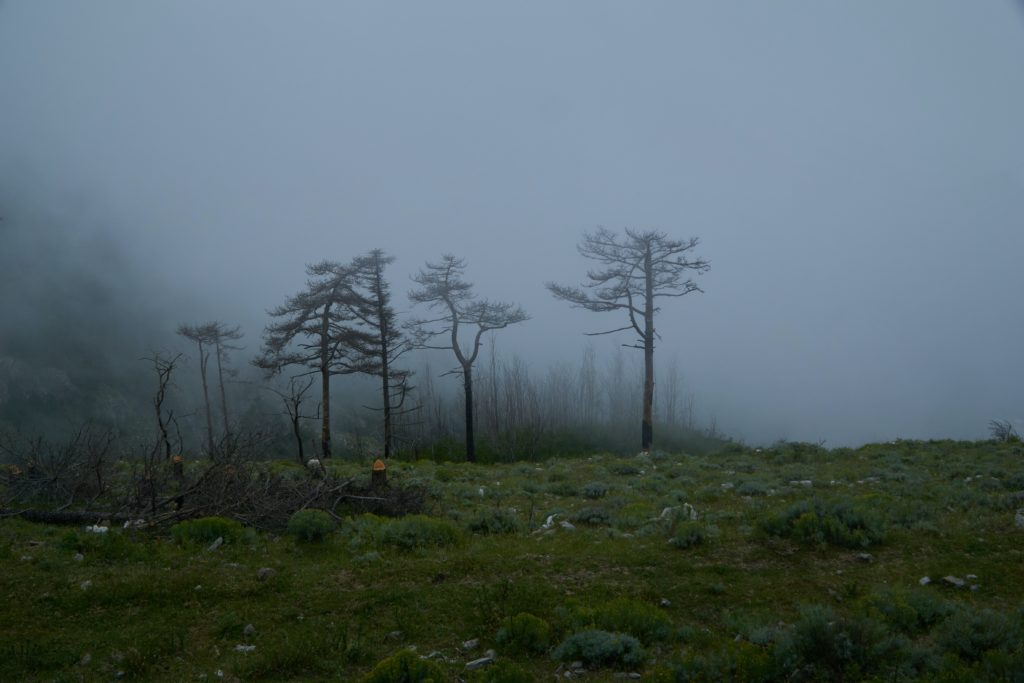
It is February 2023 and as usual the news about the Climate and Biodiversity seems awful. The world itself appears to be in a pretty bad state, and some days hope seems far away.
However the sun is shining, and I would like to celebrate the good things that have been happening. It is true that we are slowly beginning to move in the right direction. It is slower than necessary, and any movement is creaky and erratic, but it is finally taking place.
The world is getting the message that We Must Change Now.
Here are some positive shifts I see
Wales and their Climate Review Policy
The government of Wales believes “They will not get to Net Zero if they keep doing the same thing over and over again.” Their transport policy is designed to be tested against any decision’s effect on the climate emergency. Dozens of new road building projects have now been halted or amended as part of this policy. This approach has been described as world-leading. See more details here.
This one cheers me enormously as it means policy makers are really thinking this one through. We all need to be doing this.
See also Wales and the Well-being of Future Generations Act.
Climate Labels
A recent article on CNN reviewed the use of climate labels. (Like nutritional labels these are labels on food that inform consumers about the product’s greenhouse gas emissions.) It is early days yet but there is some evidence that these do affect consumer choices and thus help to reduce their carbon footprint.
Court Cases
The legal company ClientEarth are personally suing Shell directors over their climate strategy. This, in itself, is good news. However, what excites me is that they are being supported by a group of large pension funds. These funds have said that “Investors want to see action in line with the risk that Climate Change presents.” In other words, they do not want to see their investments as Stranded Assets, i.e., assets whose value will disappear when the world changes to renewable energy, which it must and is already very strongly doing.
ClientEarth have had considerable success in this sort of legal case, but win or lose this action shows strongly that the financial world is powerful and knows it must look forward in the case of fossil fuels. (It is also true that there are oil and gas companies out there doing their damnedest to make as much profit as possible for as long as possible and that we need to keep working at stopping them, but even for them the writing is on the wall.)
Increase in Renewable Energy

According to McKinsey & Co. the rapid maturation of wind and solar power has been nothing short of astonishing. As we continue their development they are poised to become the backbone of the world’s power supply.
Major oil companies are changing their business models to profit from this increased demand. Investors are investing in renewable energy. Some of the shipping industry is investing in renewables to enable the production of hydrogen and ammonia as zero emissions fuels. Steel manufacturers are looking at green hydrogen- and so the excitement goes on.
Reading this article, you will see that, of course, there are challenges in all this. However, my money is on their success. If they want to make a profit from all this, they will find a way.
Montreal and Biodiversity
In December 2022 in Montreal the United Nations organised a Biodiversity Conference to agree a new set of goals to guide global action to halt and reverse Nature loss between now and 2030. A thriving Nature is critical to limiting Climate Change and to ensure our own health and well-being, as well as that of the planet.
What came out of COP15 in Montreal?
The Global Biodiversity Framework
The conference ended with an agreement to guide global action on Nature till 2030. The plan covers issues like the following:
- Adoption of an equitable and comprehensive framework matched by the resources needed for implementation,
- Clear targets to address overexploitation, pollution, fragmentation and unsustainable agricultural practices,
- A plan that safeguards the rights of indigenous peoples and recognizes their contributions as stewards of nature,
- Finance for biodiversity, and alignment of financial flows with Nature to drive finances toward sustainable investments and away from environmentally harmful ones.
The plan includes concrete measures to halt and reverse Nature loss, including putting 30 per cent of the planet and 30 per cent of degraded ecosystems under protection by 2030. It also contains proposals to increase finance to developing countries.
This is great news for the planet but Only if We Do It. We are at present experiencing the largest loss of life since the dinosaurs.
The Emissions Gap

It is always my intention to be positive in my blog in order to encourage individuals to believe that they can make a difference. However, it would be wrong to make people believe that everything will be fine. Active Hope requires that we look at the situation as it is and then make plans to tackle the problems of where we are.
The United Nations Environment Programme has recently published a report on the emissions gap between where Greenhouse emissions are predicted to be in 2030 and where we need them to be to avert the worst of the climate crisis. The gap is still very wide. The report finds that only an urgent system-wide transformation can deliver the enormous cuts needed to limit greenhouse gas emissions by 2030.
So, yes, changes are beginning to come and that is good news. The bad news is that they are not coming fast enough.
Each one of us can make a difference. We just need to put aside all our daily worries. (I understand that for some that is exceedingly difficult, but it is our children’s future we are talking about here, and possibly the future of our civilization.)
Please get out there, march if that is your thing, write to your government, think very carefully indeed about who you vote for, eat less meat and of course all the other things we need to be thinking about. These include investing carefully, eating locally (and organically if you can), buying a heat pump or solar panels or both and doing all the other things that have been discussed over the last months.
Thank you.
(Photographs above are 1. by Doreen Hosking, 2. by Clyde Thomas on Unsplash, 3. by Domenico Ciavattone on Unsplash)

You are doing a great Job Doreen, Keep up!